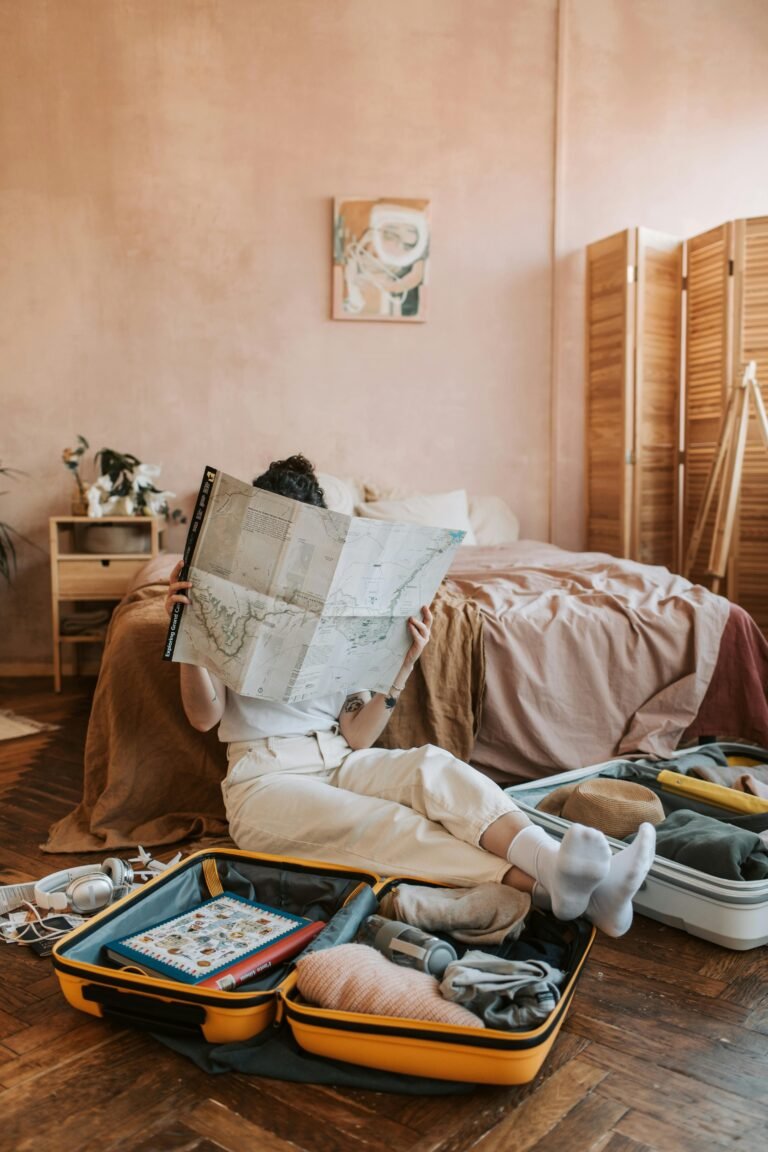
Table of Contents
ToggleIntroduction
Traveling is one of the most rewarding experiences, but it takes careful planning the perfect trip to make sure everything runs smoothly. From managing your budget to ensuring safety and being mindful of cultural differences, there are many things to consider. In this article, we’ll explore the key factors to keep in mind when planning your next adventure. Whether you’re a first-time traveler or a seasoned explorer, this guide will help you organize the perfect trip.
Understanding Your Travel Purpose
Before you even start planning your trip, you need to understand the “why” behind it. Are you looking for a thrilling adventure in the mountains, or perhaps a quiet beach getaway? Knowing your purpose will help shape your itinerary, accommodation choices, and even your budget.
Are You Looking for Adventure or Relaxation?
Travel can mean different things to different people. Some may seek adrenaline-pumping adventures like hiking, skiing, or diving, while others may prefer a peaceful spa retreat or a cultural exploration of historic sites. Clarifying your travel purpose helps in deciding your destination and activities.
Solo Travel or Group Travel?
Are you planning to travel alone, or would you prefer the company of friends or family? Solo travel can offer more freedom and introspection, while group travel provides shared experiences and possibly lower costs. Both have their benefits, and understanding which style suits you will help shape your plans.

Budgeting for Your Trip
One of the biggest aspects of trip planning is budgeting. Setting a clear travel budget helps in determining where you can go and what experiences you can afford.
Planning Transportation Costs
Flights, trains, buses, or rental cars? These are the key transportation considerations. Look out for deals or special discounts to save on flights and explore public transport options at your destination for cost-effective travel.
Accommodation Choices
Your accommodation can range from luxury hotels to budget hostels or vacation rentals. Do some research to find options that match your budget and preferences.
Allocating Funds for Activities and Food
Some destinations are known for expensive tourist activities and dining experiences, while others offer more affordable choices. Make sure you allocate enough funds to enjoy your trip without overspending.
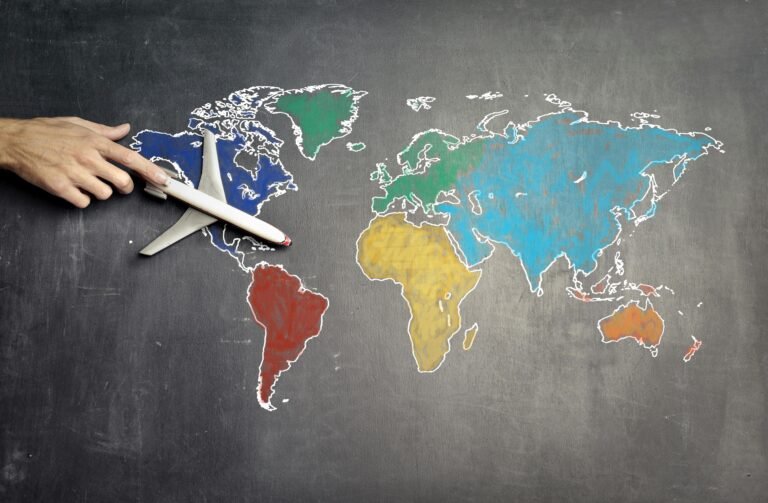
Researching Your Destination
Knowing your destination in detail can greatly enhance your travel experience. Researching helps you avoid surprises and prepare for any cultural differences.
Best Times to Visit
Check the peak and off-peak seasons of your destination. This affects not just the weather, but also prices and the number of tourists. Traveling during shoulder seasons often provides a balance between good weather and fewer crowds.
Understanding Local Culture and Customs
Every destination has its own set of cultural norms and customs. To avoid any misunderstandings or offensive behavior, spend time learning about local traditions, customs, and etiquette.
Language Barriers and Communication Tools
If you’re heading to a country where you don’t speak the language, it’s a good idea to learn a few key phrases or use translation apps. This small effort can make a big difference in your interactions with locals.
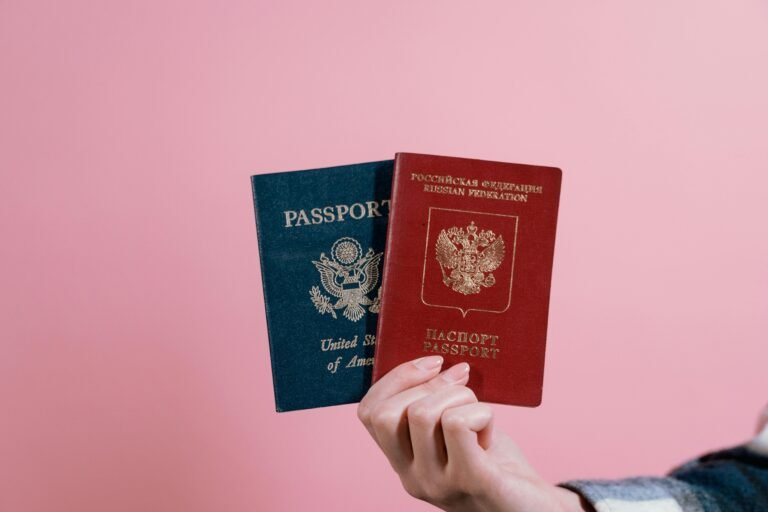
Travel Documentation
To ensure a smooth journey, you need to take care of essential travel documents before your trip.
Passport and Visa Requirements
Check your passport validity and visa requirements well in advance. Some countries require your passport to be valid for at least six months beyond your arrival date.
Health Documentation and Vaccinations
Some countries have specific health regulations or require vaccinations for entry. Make sure you are up to date on required vaccines and carry your health documentation with you.

Choosing the Right Accommodation
Your choice of accommodation plays a key role in your comfort and overall experience.
Hotels, Hostels, or Vacation Rentals?
There are various accommodation options to suit different travel styles. Whether you’re looking for luxury hotels, budget-friendly hostels, or home-like vacation rentals, the choice depends on your personal preferences and budget.
Factors to Consider in Accommodation
When choosing accommodation, consider location, amenities, and guest reviews. Being close to major attractions or public transportation can save you time and money.
Creating an Itinerary
While some travelers enjoy a flexible approach, having a basic itinerary can make sure you don’t miss out on important experiences.
Planning Activities Based on Your Interests
Tailor your itinerary based on what excites you. Are you into history, nature, or cuisine? Prioritize activities that match your personal interests.
Balancing Flexibility and Structure
Leave some room for spontaneity. While it’s good to have a plan, not every detail needs to be set in stone. Sometimes the best experiences are the ones you didn’t expect.
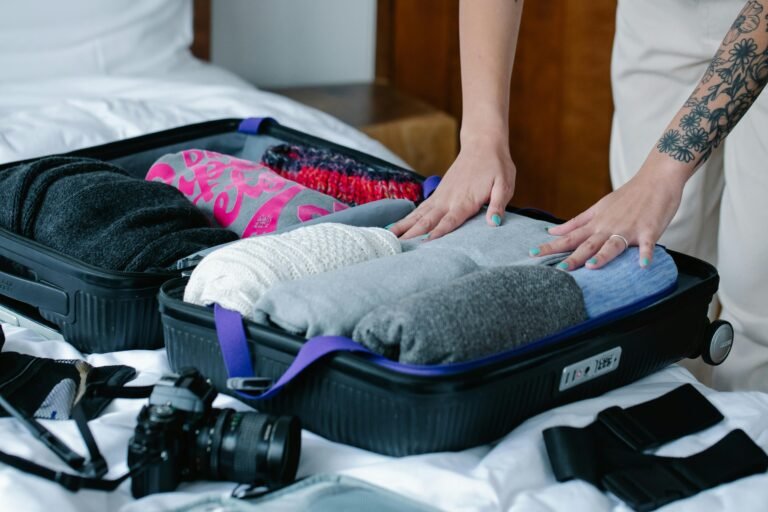
Packing Essentials
What you pack can make or break your trip. Proper packing ensures you’re ready for any situation.
Packing Light vs. Packing for Comfort
Packing light is great for mobility, but don’t sacrifice comfort. Make sure you bring the essentials like comfortable shoes, toiletries, and travel adapters.
Weather-Appropriate Clothing
Pack according to the climate of your destination. It’s also a good idea to bring a few layers for unpredictable weather.
Gadgets and Travel Gear
Don’t forget the little things—chargers, headphones, and a good travel bag can make your journey much easier.
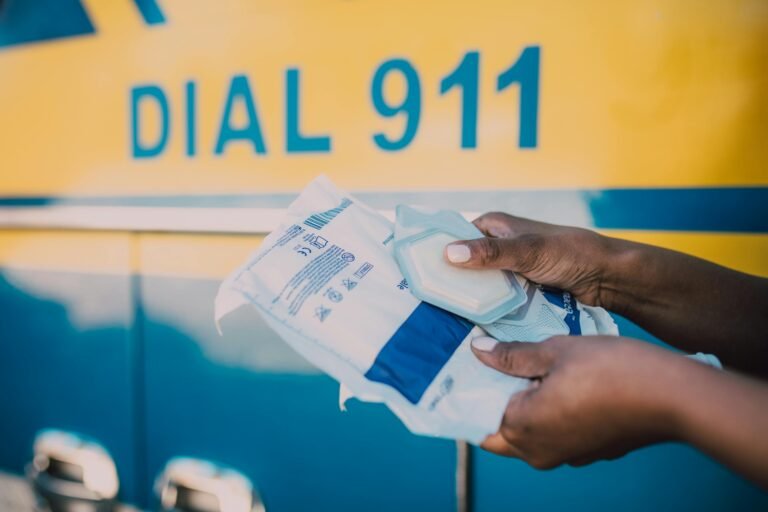
Health and Safety Precautions
Staying healthy and safe should be a top priority during your travels.
Travel Insurance
Accidents and mishaps can happen, so it’s always wise to invest in good travel insurance. This can cover health emergencies, lost luggage, and even cancellations.
Local Emergency Numbers and Health Care
Be aware of the local emergency numbers and have a plan for accessing health care abroad. It’s also useful to know where the nearest embassy or consulate is in case of emergencies.
Staying Safe in Unfamiliar Places
Follow basic safety guidelines like keeping your belongings close, avoiding unsafe areas, and staying vigilant in unfamiliar environments.

Environmental and Ethical Considerations
Traveling sustainably not only helps the environment but also enriches your travel experience.
Supporting Local Communities
Where possible, support local businesses by shopping locally and choosing experiences that benefit the community.
Eco-Friendly Travel Choices
Opt for eco-friendly travel practices, like reducing single-use plastics, choosing green accommodations, and minimizing your carbon footprint.

Staying Connected While Traveling
Keeping in touch with family, friends, or even work while traveling is easier than ever.
Internet Access and SIM Cards
Consider buying a local SIM card or using portable Wi-Fi options to stay connected at your destination.
Social Media and Staying in Touch
Social media is a great way to keep everyone updated on your travels. Be sure to have backup plans in case you run into connectivity issues.
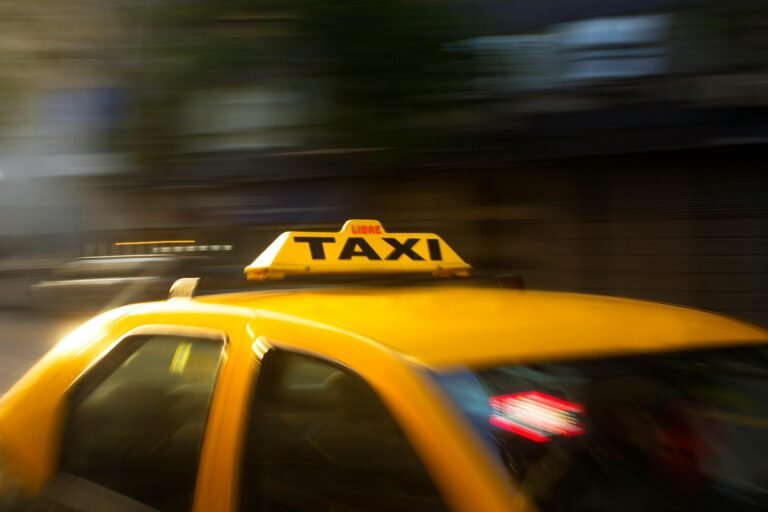
Transportation at Your Destination
Getting around at your destination requires some forethought.
Public Transport, Taxis, and Car Rentals
One of the most important things to plan is how you’ll get around once you arrive. Public transportation is often the most affordable option, and many cities have well-connected networks of buses, trains, and subways. If you prefer convenience, taxis and ride-sharing apps like Uber or Lyft are available in most major cities. For those wanting more independence, renting a car may be the best choice, especially in more rural or remote locations.
Navigating in Foreign Places
Getting lost in a foreign place can be both stressful and exciting. Ensure you have a good map app (such as Google Maps) downloaded before leaving. Offline maps can be lifesavers if you’re in areas with poor reception. Additionally, you can print out maps or carry a guidebook if you’re visiting locations with limited internet access.
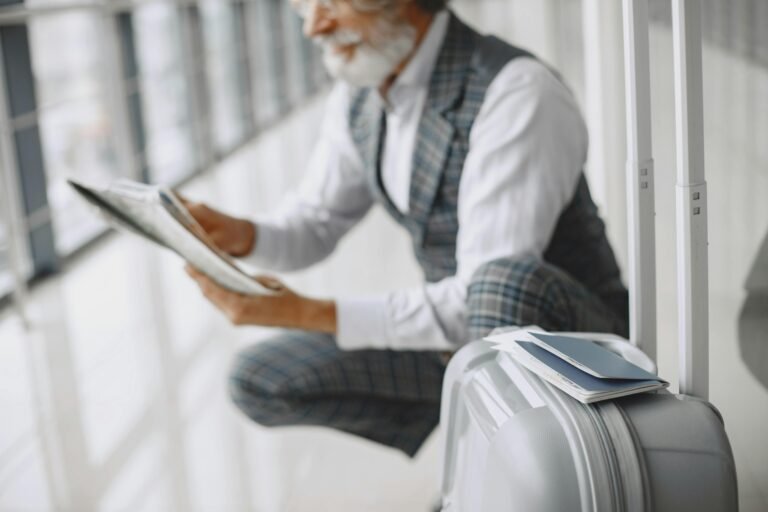
Handling Emergencies
Emergencies happen when you least expect them, so it’s essential to be prepared for any situation that could arise while traveling.
How to Deal with Lost Documents
Losing a passport or other important documents can be a traveler’s nightmare. To mitigate this, keep copies of your passport, visas, and travel insurance in a separate location or save them digitally. In case of loss, visit the local embassy or consulate for assistance.
Managing Unexpected Situations
Whether it’s missing a flight, losing luggage, or dealing with a natural disaster, stay calm and follow the proper steps. Travel insurance can be very helpful in handling unexpected situations, providing both financial assistance and peace of mind.
Post-Travel Tips
After a fulfilling trip, there are still a few things to consider as you transition back to everyday life.
Managing Jet Lag
Jet lag can hit hard after long international flights. To ease the transition, try adjusting your sleep schedule before leaving and stay hydrated during your journey. Once home, try to get back to a normal sleep routine as quickly as possible.
Organizing Travel Memories
One of the best parts of traveling is reliving the memories. Take time to organize your travel photos, souvenirs, and journal entries. You can create a photo album, blog post, or video montage to share your experiences with others.
Conclusion
Planning the perfect trip requires balancing practical considerations like budget, accommodation, and safety with more personal factors like your travel style and interests. By being well-prepared and considering everything from transportation and accommodation to cultural norms and emergency plans, you can ensure that your journey is smooth, safe, and memorable.
Travel is an adventure, and with the right preparation, you can focus less on the logistics and more on enjoying the incredible experiences that await you.
5 Unique FAQs
1. What is the best way to handle unexpected travel expenses?
To manage unexpected expenses, always budget extra for emergencies and unforeseen costs. Carry both cash and a credit card, and consider travel insurance for added protection against unexpected situations like medical emergencies or trip cancellations.
2. How far in advance should I book my flights and accommodation?
It’s generally recommended to book flights 2-3 months in advance for the best deals. Accommodation can vary depending on the season, but booking early during peak tourist times is advisable.
3. How can I travel more sustainably?
You can travel sustainably by reducing your carbon footprint through public transportation, choosing eco-friendly accommodations, and supporting local businesses. Additionally, consider minimizing waste by carrying reusable water bottles and bags.
4. What are some tips for solo travelers to stay safe?
Solo travelers should always stay aware of their surroundings, keep a copy of important documents, share their itinerary with a trusted person, and avoid unsafe areas, especially at night. Travel insurance is also recommended for solo trips.
5. Should I get travel insurance for every trip?
While not mandatory, travel insurance is highly recommended, especially for international trips. It covers health emergencies, lost luggage, flight cancellations, and other unexpected situations that can disrupt your travel plans.